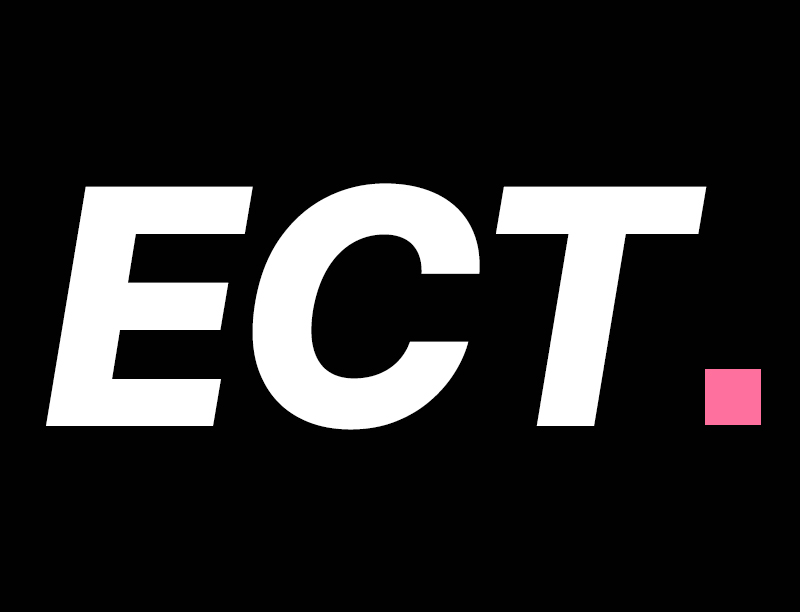In the last few years, homeschooling has become an appealing option for many families, but especially black parents. It’s not difficult to imagine why this is the case.
Black children can’t just go to school. They have to deal with the pandemic, the threat of racially-motivated disturbances, gun violence, and even learning a version of history that is not only riddled with lies and inaccuracies, but paints our people in a questionable light.
For many parents, homeschooling seems like the only chance they have at saving their kids from experiencing mental, emotional, and physical harm in the world.
While homeschool seems like an ideal alternative to both public and private schools, there are still some things you should know about the process that aren’t always considered. Here are three things you need to know about homeschooling before you take the leap.
Yes, it’s parent-directed learning, but there are still rules.
Homeschooling isn’t just taking your kids out of regular school and winging it. Depending on what state you currently live in, there are some real rules and guidelines you must follow in order to make this move legit.
For example, California has a more flexible way of homeschooling where residents have three different options that really only require state-mandated subjects to be taught and the proper legal paperwork to be filed.
On the other hand, there are states like Georgia that require teacher qualifications, state-mandated subjects, regular competency assessments, and annual progress reports.
The Home School Legal Defense Association, or HSLDA, has created a database that goes into great detail about your state’s homeschool requirements. Be sure to visit the website and thoroughly read your state’s guidelines to see if homeschooling is still right for you.
You could go it alone, but you don’t have to.
There is a popular misconception that homeschooling means that parents become the teachers. And while this is the case for some families, this actually isn’t what’s going on for a whole lot of us.
Think of homeschooling like working remotely. Yes, it’s possible that you’re working from home because you’re a small business owner who doesn’t need office space.
But more likely, you’re working from home because your job is one that doesn’t necessarily require your physical presence. However, you still have a boss to answer to, projects to complete, and a standard to uphold in order to keep your job.
Homeschooling is very similar. You could go the independent route and do it all yourself, or you can cut out all the stress of curriculum-building and legalities by enrolling your child in an online school.
Online educational platforms like, K12 and Khan Academy, really do offer everything you need while also giving you the freedom to teach your children what you believe its important for them to know.
If you’re looking for structure with the added benefit of flexibility, online or private school satellite homeschool program are the best option for you.
Extracurricular activities will be different moving forward.

So much of a child’s exposure to different activities, such as team sports and trips to the museum, are because of school. Just like adults find friends through work and shared hobbies, children lean on school-based extracurricular activities for social engagement.
When you begin homeschooling your child, you can no longer sign them up for softball or a piano lesson offered by the school. Instead, these are activities you have to seek out yourself. Not only can this be difficult and time consuming, but it’s also expensive.
So before you take the homeschool route with your child(ren), consider all the ways in which you can continue to expose them to different cultures, beliefs, activities, ways of learning and exploring, and of course, other kids.
Some ideas:
- Plan a monthly field trip. Many places, like libraries, zoos, and museums, offer free or low-cost educational activities for children—traditionally schooled or not.
- Research what your community has to offer. Boys & Girls Clubs of America, after-school programs, community youth sports, and music/art classes are great places to start.
- Make learning fun. The whole idea behind homeschooling is to fill the gaps that traditional schooling could not. Get creative with science projects, teach with music, include history that your local schools may no—truly make this an enriching experience.
Homeschooling is not easy, and will likely be a complex transition for both you and your kids. However, with a little research and careful planning, you’ll be well on your way to crafting a high-quality, well-rounded education for your children.








